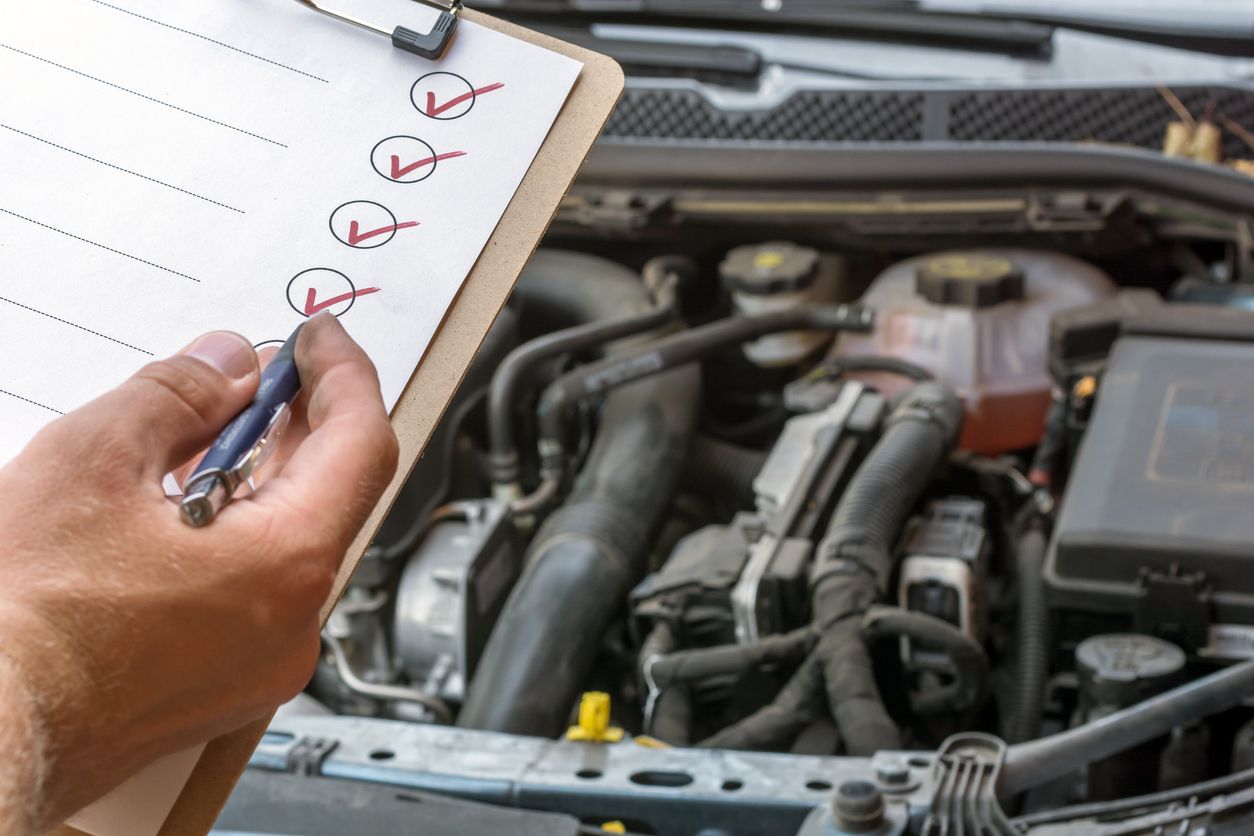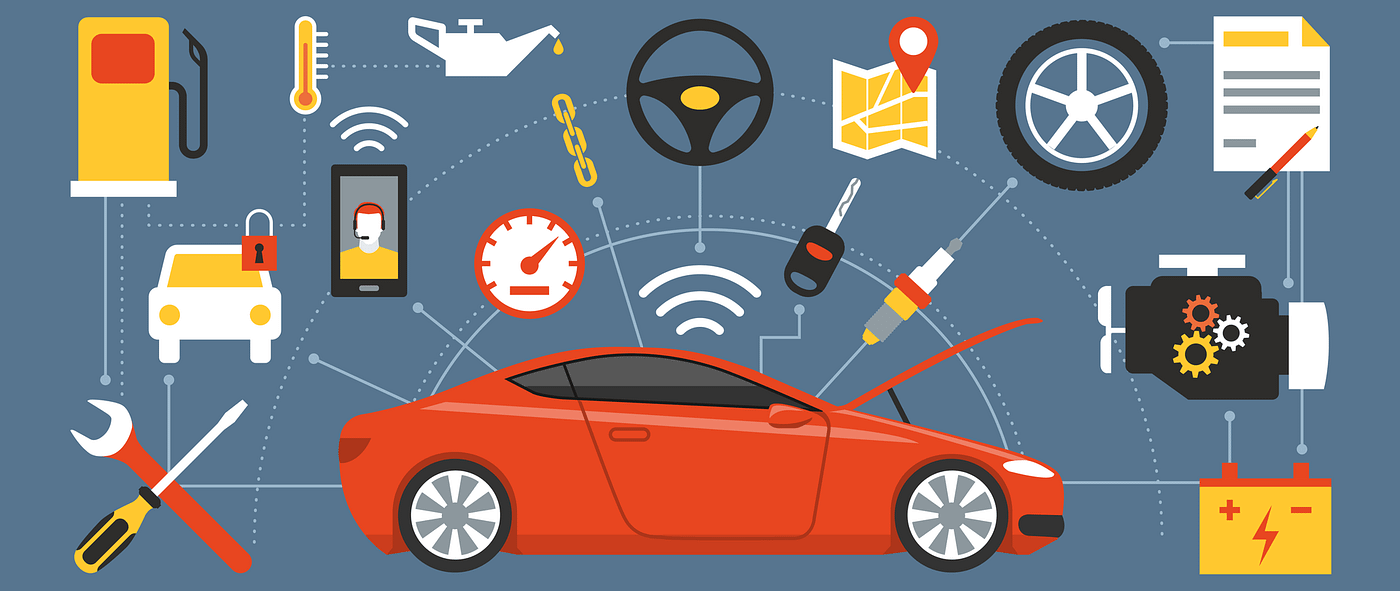All Categories
Featured
A cars and truck overheating can be a difficult situation, specifically if it takes place unexpectedly. High engine temperatures can result in extreme damages otherwise attended to promptly. Recognizing what to do when your automobile overheats and recognizing just how to avoid it can save you from expensive fixings and guarantee your safety on the road.
![]()
If Your Automobile Overheats,What to Do. Draw Over Safely. As quickly as you observe indications of overheating-- such as steam climbing from the hood, an increasing temperature scale, or advising lights-- pull over to a safe area. Shut off the engine promptly to stop more damages.
Switch Off the air conditioning and Transform On the Heating unit. Transform off the air conditioning to reduce engine tons and switch on the heater if you're incapable to pull over right away. This reroutes warmth far from the engine and into the cabin, which can help reduce the engine temperature momentarily.
Open Up the Hood (with Caution) Wait on the engine to cool down before opening up the hood. Opening it prematurely can subject you to hot vapor or hot fluids. Once it's safe, check the engine for evident indications of problem, such as dripping coolant or a broken radiator hose.
Examine the Coolant Degrees. Include it to the tank or radiator as soon as the engine has actually cooled down if you have coolant or water in your car. Prevent including cool water to a hot radiator, as it can cause cracking.
![]()
Require Assistance. Contact a tow vehicle or roadside help if you're unable to deal with the issue or detect. Driving with an overheated engine can cause considerable damages, such as a blown head gasket or distorted engine parts.
Just How to Avoid Your Vehicle from Overheating. Check Coolant Degrees Consistently. Ensure your car constantly has the correct amount of coolant. Low coolant degrees are among the most common reasons for getting too hot. If required., frequently examine the coolant tank and leading it off.
Evaluate Radiator and Tubes. Seek fractures, leaks, or loose connections in the radiator and tubes. Replace any broken components without delay to stop coolant leaks.
Maintain Your Cooling System. Flush and re-fill the air conditioning system as recommended in your car's owner guidebook. With time, old coolant can shed its efficiency and fail to shield the engine from overheating.
Screen the Thermostat and Water Pump. A defective thermostat or water pump can disrupt the air conditioning system's function. Have these parts inspected throughout routine upkeep to catch problems early.
Prevent Straining Your Car. Extreme weight puts added pressure on the engine and cooling system. Maintain your tons within the maker's recommended limitations.
Enjoy the Temperature Gauge. Take note of your temperature level gauge, specifically during heat or when increasing high slopes. Take preventative measures such as minimizing rate or transforming off the AC. if the scale starts to climb up.
Final thought. Handling an overheated cars and truck doesn't need to be frustrating if you know what steps to take. Performing quickly and safely can stop more damages to your engine. To lessen the threat of overheating, remain on top of regular upkeep, inspect your cooling system, and drive sensibly. With correct care, you can keep your engine running efficiently and stay clear of the hassle of an overheated lorry.

If Your Automobile Overheats,What to Do. Draw Over Safely. As quickly as you observe indications of overheating-- such as steam climbing from the hood, an increasing temperature scale, or advising lights-- pull over to a safe area. Shut off the engine promptly to stop more damages.
Switch Off the air conditioning and Transform On the Heating unit. Transform off the air conditioning to reduce engine tons and switch on the heater if you're incapable to pull over right away. This reroutes warmth far from the engine and into the cabin, which can help reduce the engine temperature momentarily.
Open Up the Hood (with Caution) Wait on the engine to cool down before opening up the hood. Opening it prematurely can subject you to hot vapor or hot fluids. Once it's safe, check the engine for evident indications of problem, such as dripping coolant or a broken radiator hose.
Examine the Coolant Degrees. Include it to the tank or radiator as soon as the engine has actually cooled down if you have coolant or water in your car. Prevent including cool water to a hot radiator, as it can cause cracking.

Require Assistance. Contact a tow vehicle or roadside help if you're unable to deal with the issue or detect. Driving with an overheated engine can cause considerable damages, such as a blown head gasket or distorted engine parts.
Just How to Avoid Your Vehicle from Overheating. Check Coolant Degrees Consistently. Ensure your car constantly has the correct amount of coolant. Low coolant degrees are among the most common reasons for getting too hot. If required., frequently examine the coolant tank and leading it off.
Evaluate Radiator and Tubes. Seek fractures, leaks, or loose connections in the radiator and tubes. Replace any broken components without delay to stop coolant leaks.
Maintain Your Cooling System. Flush and re-fill the air conditioning system as recommended in your car's owner guidebook. With time, old coolant can shed its efficiency and fail to shield the engine from overheating.
Screen the Thermostat and Water Pump. A defective thermostat or water pump can disrupt the air conditioning system's function. Have these parts inspected throughout routine upkeep to catch problems early.
Prevent Straining Your Car. Extreme weight puts added pressure on the engine and cooling system. Maintain your tons within the maker's recommended limitations.
Enjoy the Temperature Gauge. Take note of your temperature level gauge, specifically during heat or when increasing high slopes. Take preventative measures such as minimizing rate or transforming off the AC. if the scale starts to climb up.
Final thought. Handling an overheated cars and truck doesn't need to be frustrating if you know what steps to take. Performing quickly and safely can stop more damages to your engine. To lessen the threat of overheating, remain on top of regular upkeep, inspect your cooling system, and drive sensibly. With correct care, you can keep your engine running efficiently and stay clear of the hassle of an overheated lorry.
Latest Posts
Explore WyHy FCU – Low Rates for Members
Published May 27, 25
1 min read
Uncover Cost-Effective Auto Repairs with Montclare’s Limited-Time Service Specials
Published May 23, 25
1 min read
Explore Montclare Auto Repair’s Premier Services and Why Drivers Trust Them
Published May 23, 25
1 min read
More
Latest Posts
Explore WyHy FCU – Low Rates for Members
Published May 27, 25
1 min read
Uncover Cost-Effective Auto Repairs with Montclare’s Limited-Time Service Specials
Published May 23, 25
1 min read
Explore Montclare Auto Repair’s Premier Services and Why Drivers Trust Them
Published May 23, 25
1 min read